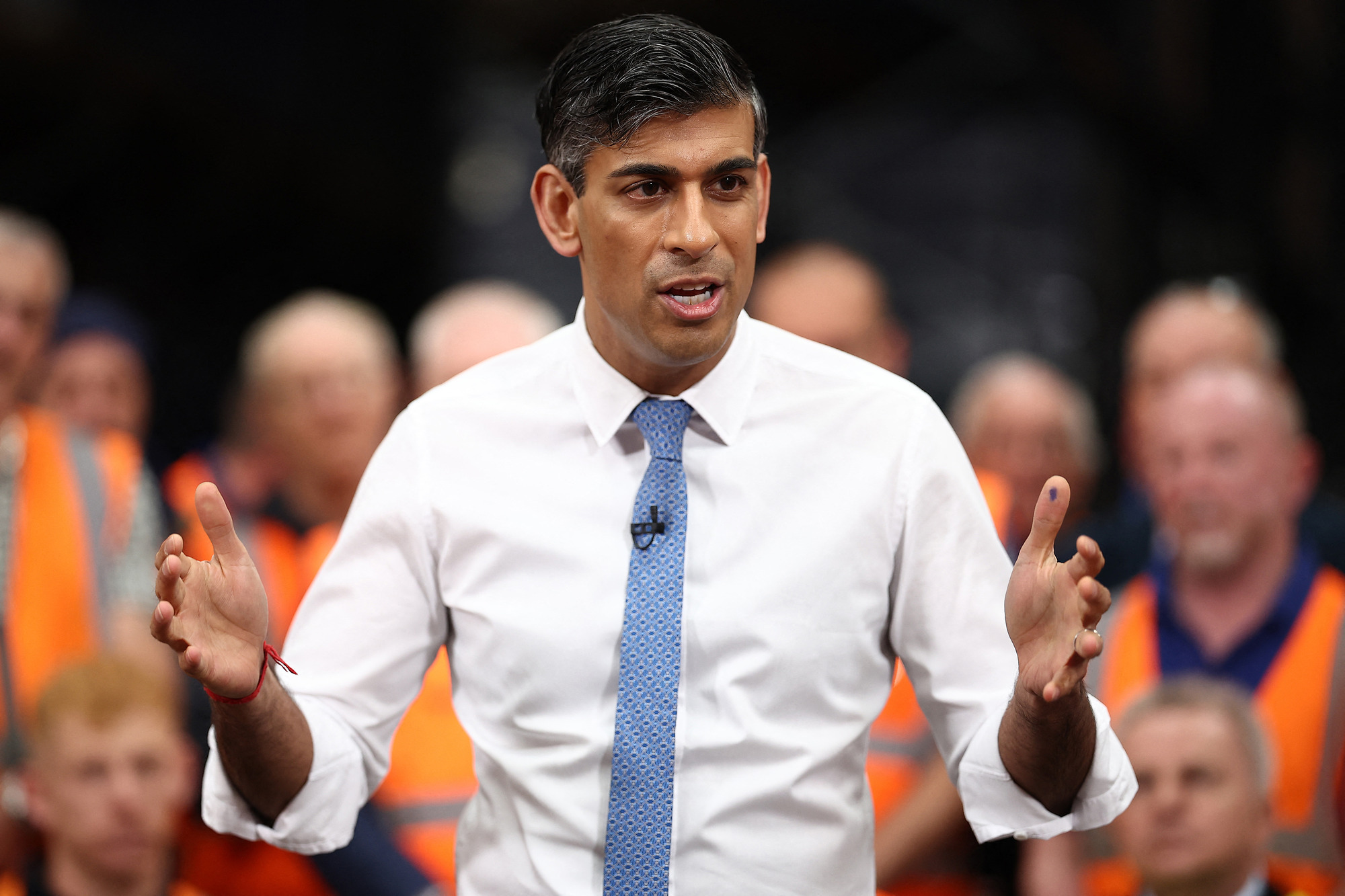The snap election that the Government has called for on 4 July is already making the British public tired and cynical, a fact thats not helped by the Prime Minister telling outright falsehoods.
This week, Rishi Sunak has told the public that if he was elected, interest rates would come down. This is an insult to the intelligence of the voting public.
Firstly, the Government does not control interest rates — the Bank of England does. Secondly, and relatedly, the Bank sets interest rates in line with the current inflation rate, which is influenced largely by global economic forces. Recently, inflation rose and fell in line with the shock to energy prices caused by the sanctions and counter-sanctions induced by the war in Ukraine. In April, the rate of inflation in Britain fell to 2.3%, close to the Bank’s target of 2%. Unless inflation reverses, this means that interest rates are coming down regardless of who is elected.
The only situation in which a government might influence the rate of inflation is if it ramps up spending dramatically without offsetting this spending with tax increases. This is what we have seen recently in the United States with the Biden administration’s Inflation Reduction Act. Predictably, at 3.4%, inflation is running hotter there than in Britain.
There is no possibility that Labour could undertake such unfunded spending, however. If it did, the bond markets would react in the same way that they did to Liz Truss’ mini-budget, leading to a potential collapse in the Starmer government. This is widely known in Westminster and so any notion that Labour would commit fiscal suicide is fanciful.
The politics of interest rates are difficult to assess because, given the apolitical charter that the Bank of England was handed in 1997, it is not supposed to be political. Indeed, the entire premise of central bank independence is that monetary policy will be conducted in such a way that it is not impacted by which party is in power. By politicising interest rates, Sunak has subtly undermined this pillar of the Bank’s independence mandate. The Bank’s independence is already being called into question as it haemorrhages losses on its bond portfolio due to the unwinding of its QE programme — losses that the taxpayer is currently covering.
When he announced his promise to lower interest rates, Sunak positioned himself as a politician with a big vision. “Keir Starmer gave yet another half-hour speech the other day with not a single new idea in it,” he said. “[He] doesn’t have the courage to tell people what he wants to do if he becomes prime minister. He doesn’t have any big ideas, doesn’t have a plan.” The grim truth is that both parties are completely out of ideas, and voters are aware of this. Now the Whitehall-Westminster blob is starting to cannibalise its own institutional credibility.











Join the discussion
Join like minded readers that support our journalism by becoming a paid subscriber
To join the discussion in the comments, become a paid subscriber.
Join like minded readers that support our journalism, read unlimited articles and enjoy other subscriber-only benefits.
Subscribe